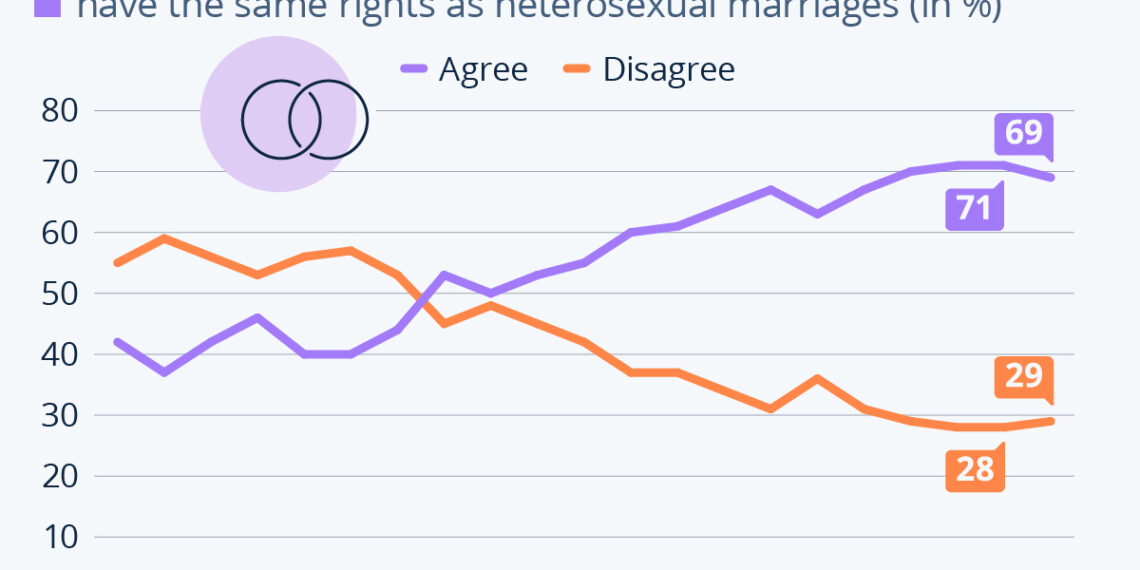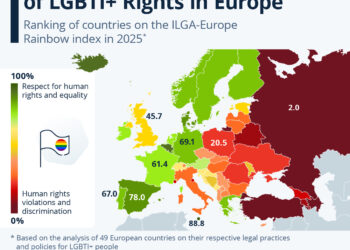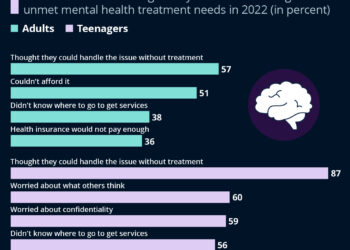Select Language:
Overview of U.S. Public Support for Same-Sex Marriage
The evolving landscape of societal attitudes towards same-sex marriage in the United States reveals significant shifts over the decades. Recent data from a Gallup survey indicates that around 69% of U.S. adults support the legality of same-sex marriage, marking a notable journey from just 27% in 1996 when polling on this issue first began.
Historical Context
The acceptance of same-sex marriage has undergone a dramatic transformation since the late 20th century. In 1996, the concept was largely controversial, reflecting prevalent societal norms and legislative obstacles. The initial polling data from Gallup at that time captured only a quarter of the population advocating for legal recognition of same-sex marriages. This statistic highlights how far public perceptions have shifted in less than three decades.
Recent Trends in Support
The latest survey results, recorded in May 2024, show a slight decrease in support from the 2023 peak of 71%. Despite this dip, the current support level remains one of the highest recorded in recent history. In tracking the evolution of support, it is essential to consider how various demographics align with these changes:
Support by Political Affiliation
Public opinion on same-sex marriage is significantly influenced by political ideology:
- Democrats: A remarkable 83% of self-identified Democrats support same-sex marriage.
- Independents: Approximately 74% of independents also favor the legalization and equal rights of same-sex couples.
- Republicans: In contrast, support among Republicans stands at 46%. Although Republican approval has occasionally surpassed the majority—recording 55% approval in both 2021 and 2022—recent trends indicate a drop below the 50% mark in subsequent years.
This variation illustrates the complex interplay between political identity and views on marriage equality.
Implications of Support Fluctuations
The fluctuations in support, particularly among Republicans, raise questions about the broader political and social environments. As public sentiments evolve, they can have significant implications for legislative actions and the pursuit of equal rights.
Political Climate Effects
The legislative landscape surrounding LGBT+ rights is heavily influenced by the prevailing public opinion. A majority support often opens pathways for lawmakers to propose or reinforce laws that ensure equal rights for all. Conversely, dips in approval, particularly among key demographic groups, may contribute to legislative hesitance or pushback against progressive measures.
Future Outlook
The journey toward full acceptance and legal recognition of same-sex marriage is ongoing. Societal attitudes can rapidly shift, and as seen in historical contexts, new advocacy and cultural movements can impact public perceptions significantly.
Understanding these nuances is crucial for advocates as they navigate the landscape to ensure that progress towards equality not only continues but accelerates in the years to come.







